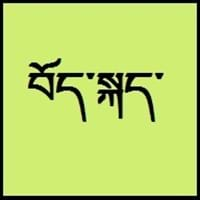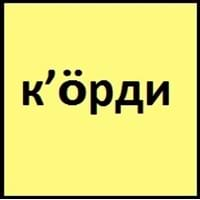Tibetan vs Kurdish
- Tibetan dialects vary alot, so it's difficult for tibetans to understand each other if they are not from same area.
- Tibetan is tonal with six tones in all: short low, long low, high falling, low falling, short high, long high.
- The vocabulary in Kurdish is of Iranian origin.
- In the middle East, Kurdish is the fourth largest ethnic group.
Tibetan and Kurdish Language History
Comparison of Tibetan vs Kurdish language history gives us differences between origin of Tibetan and Kurdish language. History of Tibetan language states that this language originated in c. 650 whereas history of Kurdish language states that this language originated in 16th century CE. Family of the language also forms a part of history of that language. More on language families of these languages can be found out on Tibetan and Kurdish Language History.
Tibetan and Kurdish Greetings
People around the world use different languages to interact with each other. Even if we cannot communicate fluently in any language, it will always be beneficial to know about some of the common greetings or phrases from that language. This is where Tibetan and Kurdish greetings helps you to understand basic phrases in Tibetan and Kurdish language. Tibetan word for "Hello" is བཀྲ་ཤིས་བདེ་ལེགས། (tashi delek) or Kurdish word for "Thank You" is Sipas. Find more of such common Tibetan Greetings and Kurdish Greetings. These greetings will help you to be more confident when conversing with natives that speak these languages.
Tibetan vs Kurdish Difficulty
The Tibetan vs Kurdish difficulty level basically depends on the number of Tibetan Alphabets and Kurdish Alphabets. Also the number of vowels and consonants in the language plays an important role in deciding the difficulty level of that language. The important points to be considered when we compare Tibetan and Kurdish are the origin, speaking countries, language family, different greetings, speaking population of these languages. Want to know in Tibetan and Kurdish, which language is harder to learn? Time required to learn Tibetan is 24 weeks while to learn Kurdish time required is 4 weeks.





